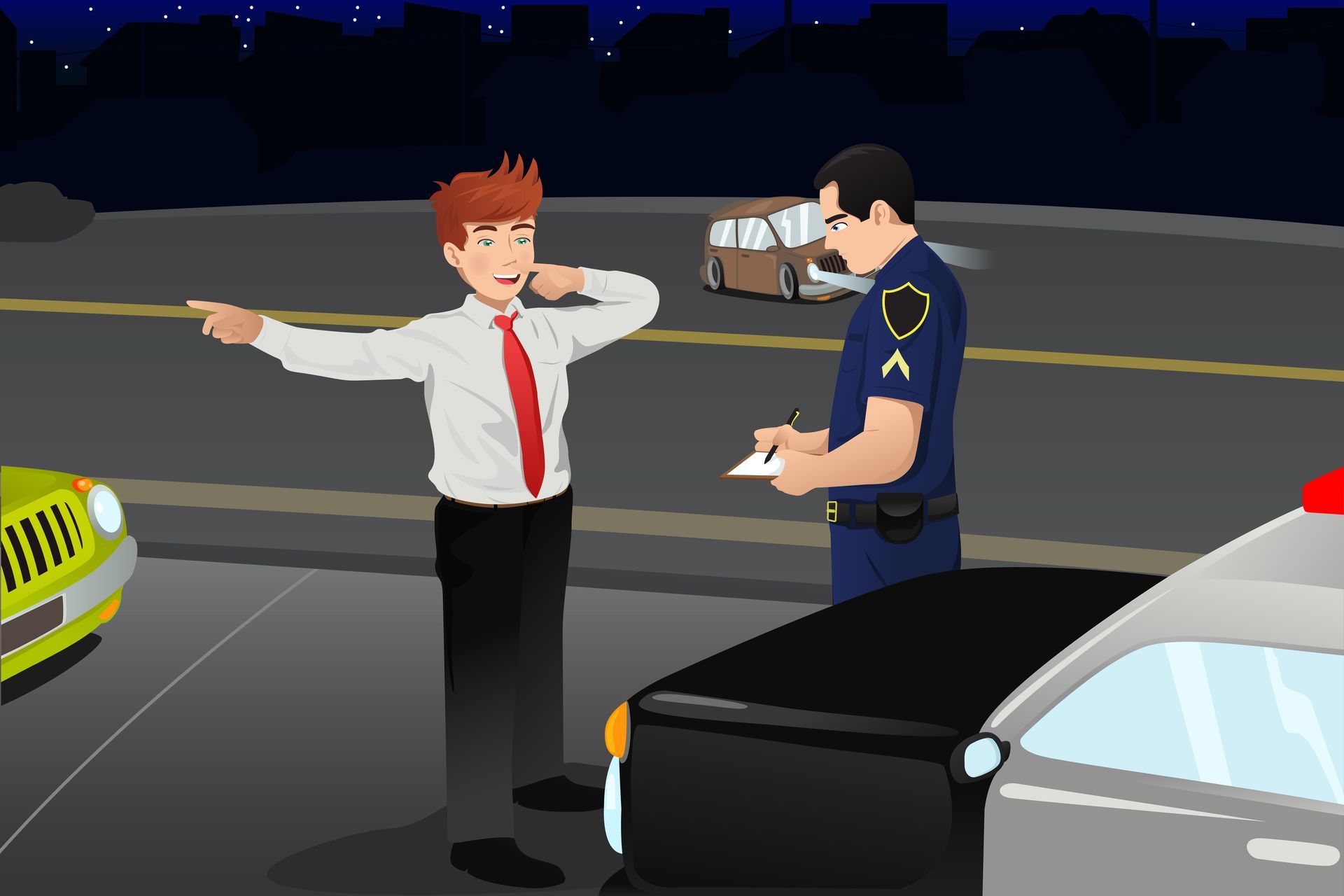What Is the Difference Between Assault and Battery in Arizona?

Assault and battery are often paired together – so much so that even the Arizona courts tend to conflate the two, using battery (technically aggravated assault) and assault interchangeably. However, the two terms have distinct differences that have the potential to drastically impact your legal proceedings, depending on which one you’re charged with.
Assault
Assault is typically considered less serious in Arizona, although it’s not without its consequences. The charge is predicated upon the prosecution proving that the defendant caused harm – either intentionally or negligently – or at least had definitive intent.
Unlike battery, it’s not necessary for the prosecution to prove you hurt or even touched the other person to be charged with assault. Touching the other person with the intent to injure or provoke can be classified as assault, as can just instilling the fear of impending harm in someone else. Because you can still be convicted of assault even if you never made physical contact, having an aggressive attorney on your side is crucial to protecting yourself from harsh and unreasonable penalties.
Assault Charges in Arizona
- Class 1 Assault: Class 1 assault is a class 1 misdemeanor that involves intentionally or knowingly causing physical injury. The penalties for this charge include six months in jail, three years of probation and up to $2,500 in fines, as well as legally mandated anger management classes and community service.
- Class 2 Assault: Class 2 assault is a class 2 misdemeanor predicated on the threat of violence rather than the act itself. It occurs when an individual places another into reasonable apprehension of imminent physical injury. Class 2 assault may also be charged when someone recklessly causes a physical injury. A conviction can result in four months in jail, two years of probation and upwards of $750 in fines. Individuals may also be required to attend anger management classes.
- Class 3 Assault: The least severe assault charge and classified as a class 3 misdemeanor, class 3 assault is when someone touches another person with the intent to injure, insult or provoke. In other words, even if you didn’t hurt them, if you laid a finger on them, it could qualify. The punishment for class 3 assault is 30 days in jail, up to one year of probation (but usually less), $500 in fines, community service and potentially anger management classes.
Aggravated Assault
The most severe type of assault charge, aggravated assault can include using a deadly weapon or leveraging one as a threat, inflicting serious injury or impairment or attacking a public servant (e.g., teacher, police officer, hospital staff, etc.). While considered its own charge in most other states, in Arizona, aggravated assault is synonymous with battery.
There are instances where harmful force can be legally justified, such as if it’s for self-defense or to protect yourself in a home invasion[1] . However, if it isn’t warranted, battery can have drastic consequences.
Aggravated Assault Penalties in Arizona
While assault can sometimes be a misdemeanor, with certain factors barring, aggravated assault is strictly a felony, ranging from a class 6 to a class 2 offense. If convicted of aggravated assault as a dangerous offense, even as a first offense, the individual is guaranteed to face anywhere from 5 to 25 years of imprisonment and up to $150,000 in fines.
Hire an Experienced Aggravated Assault and Assault Criminal Defense Attorney in Phoenix, AZ
Facing a battery (aggravated assault) or even a misdemeanor assault charge can be challenging without aggressive and experienced legal representation on your side. Arizona Board-Certified Criminal Defense Attorney Michael Alarid III has a record of successful verdicts representing similar cases and is ready to fight for you. You can trust that he’ll work hard to build a compelling defense strategy and aggressively pursue the ideal outcome for your case.
To learn more, call us at (602) 818-3110 or schedule a free consultation to review your case with a skilled professional.



